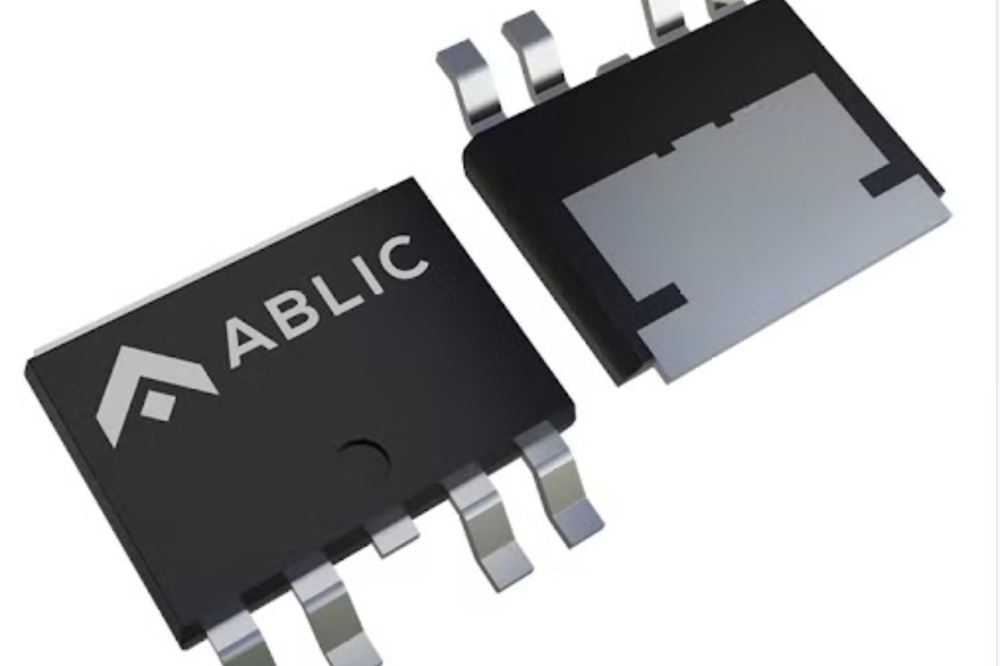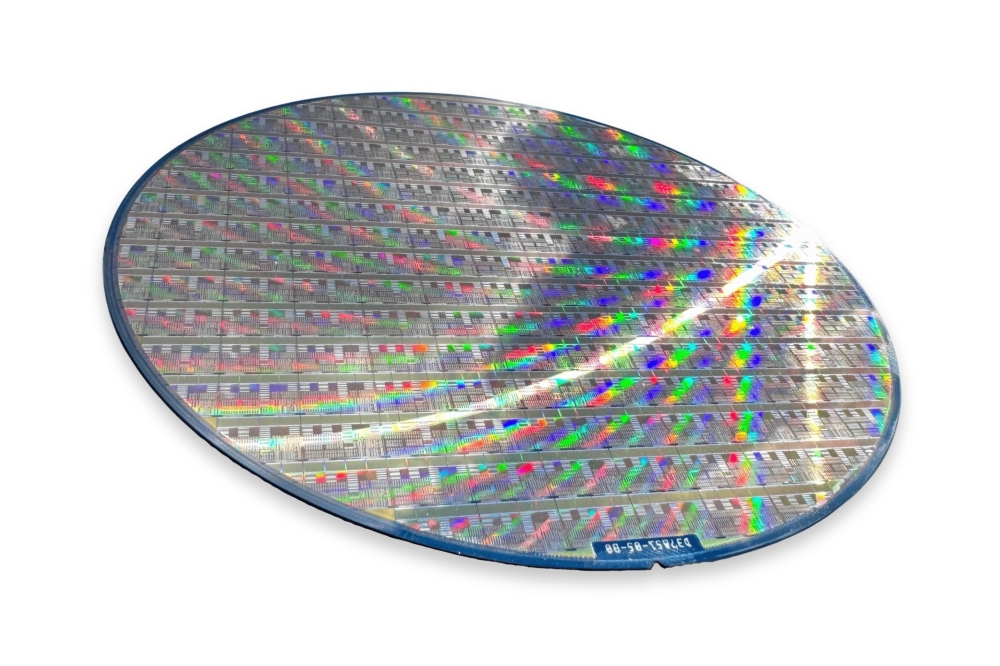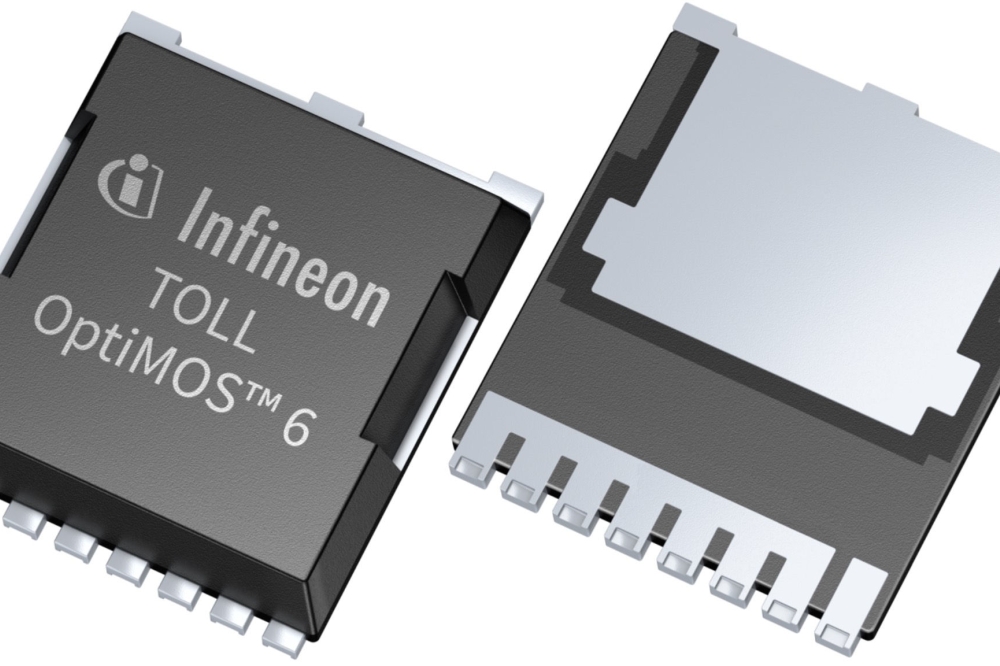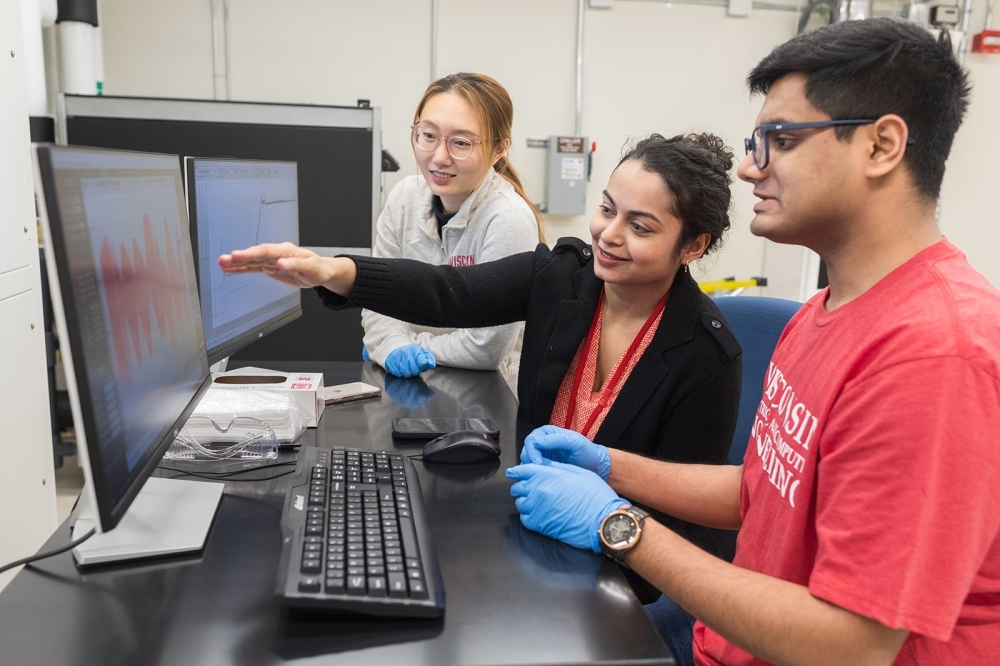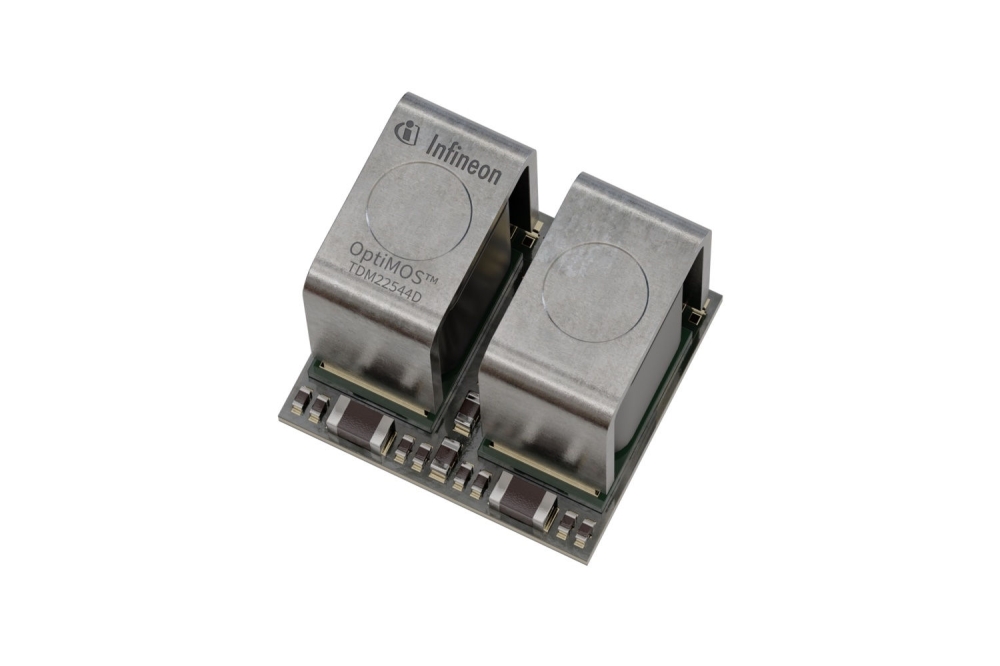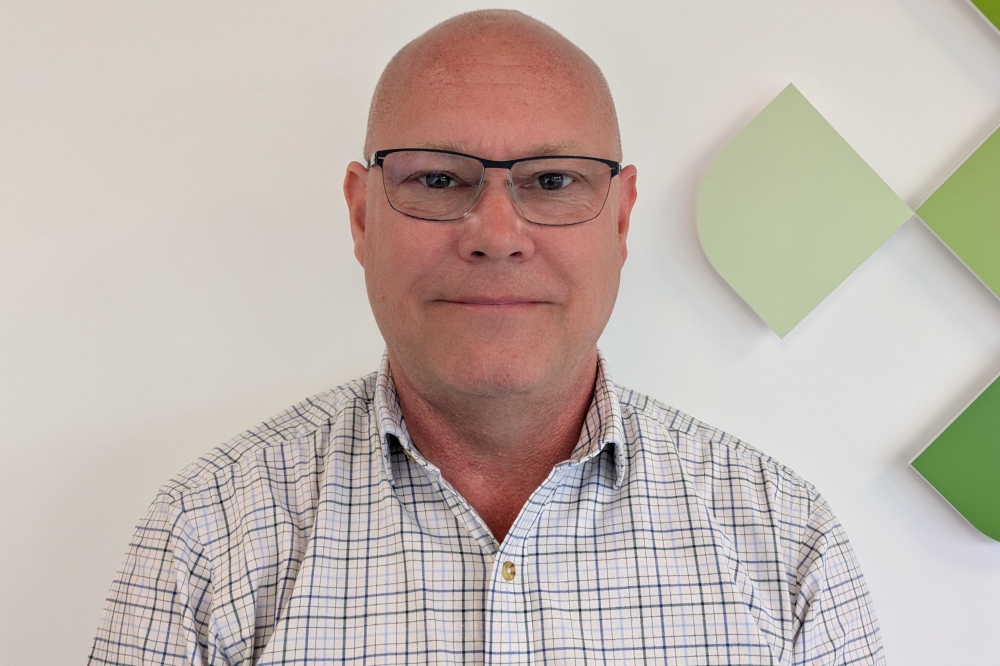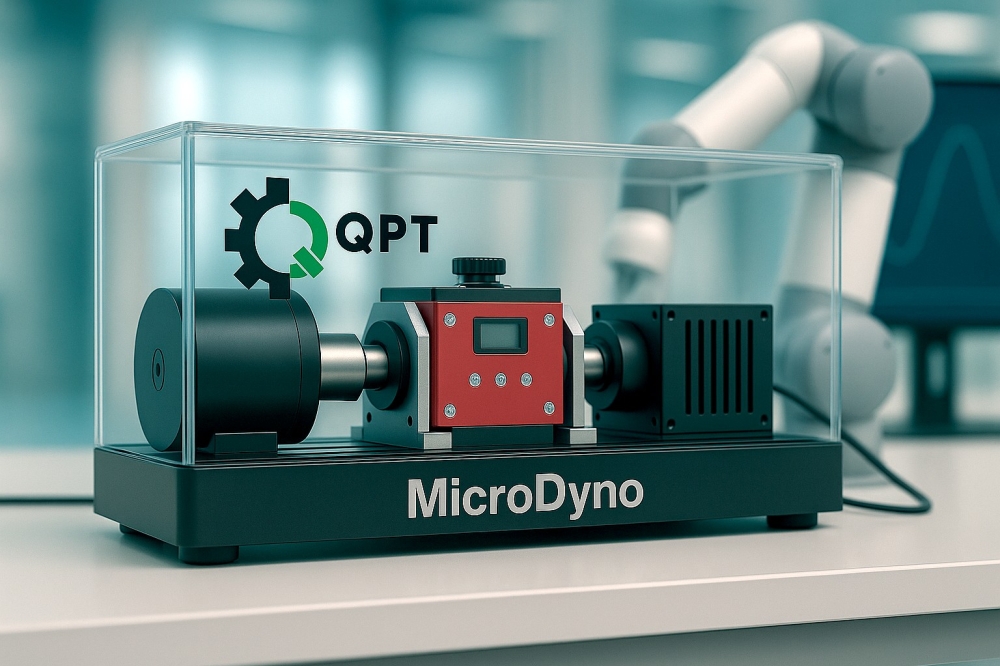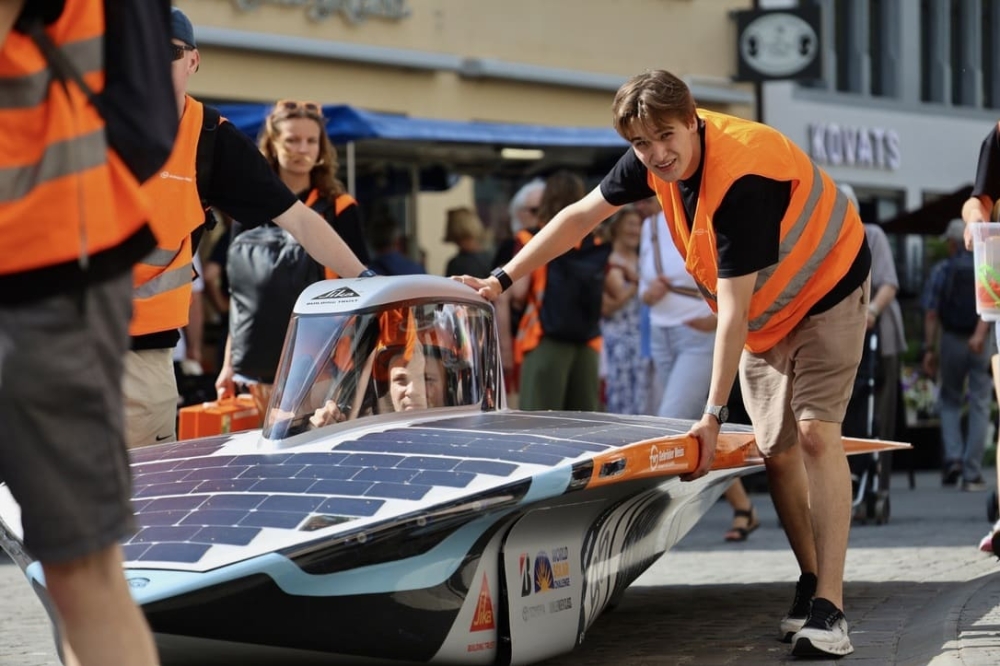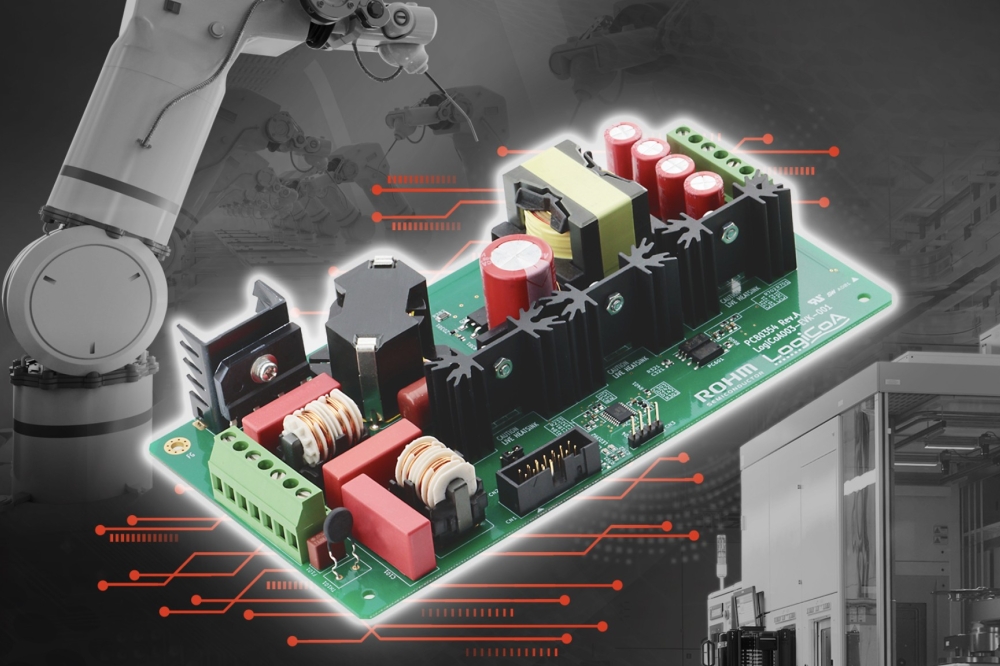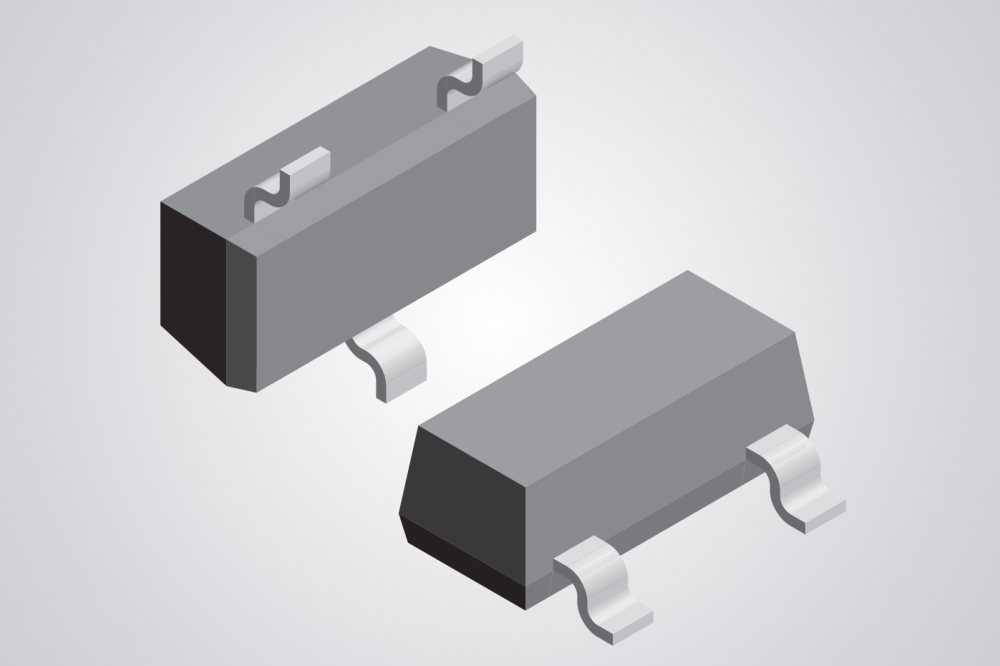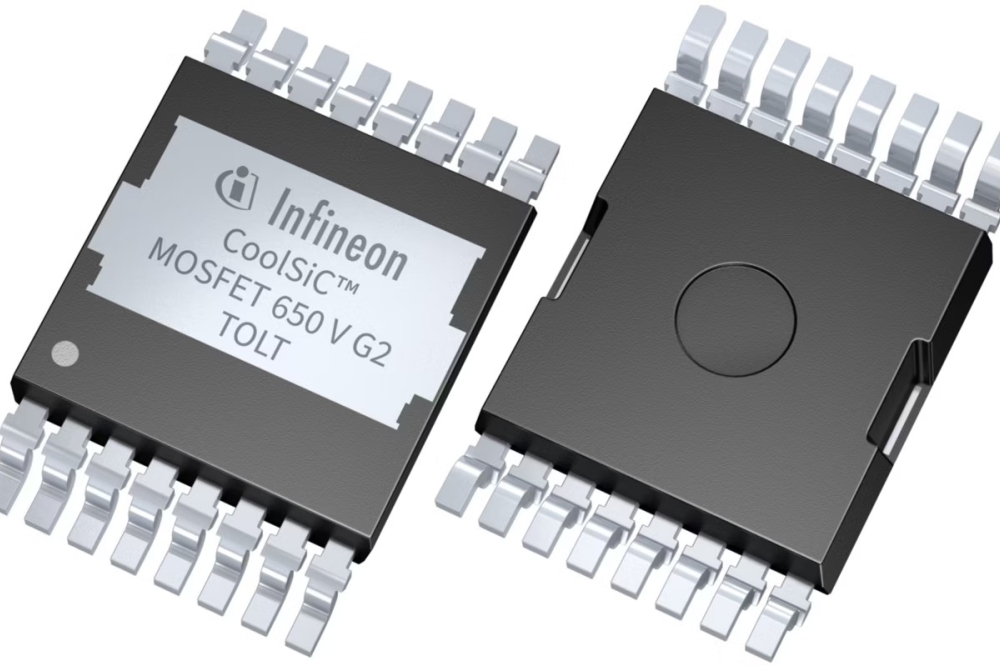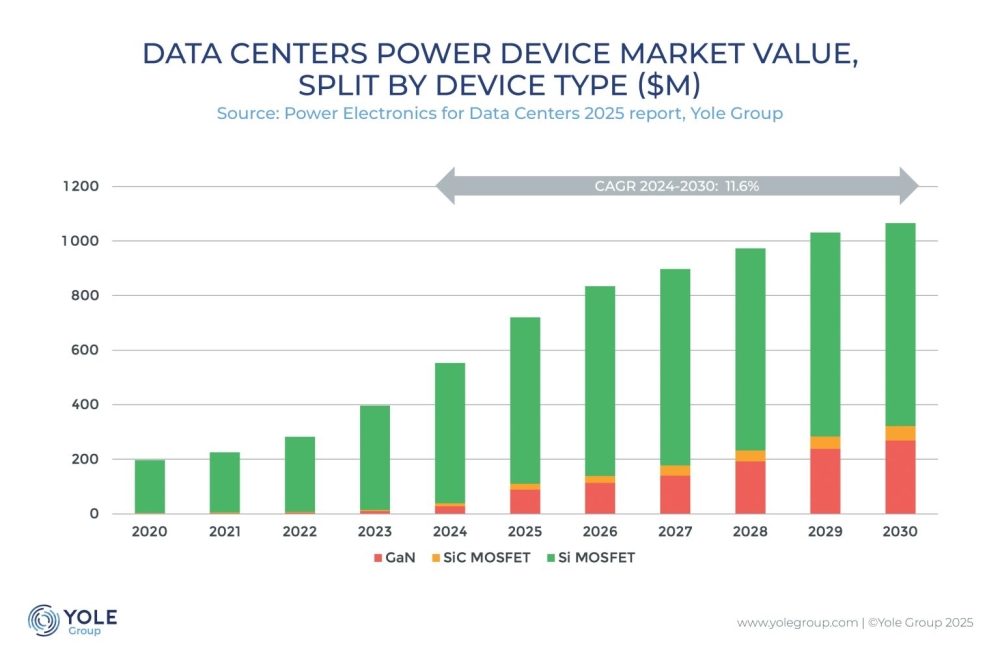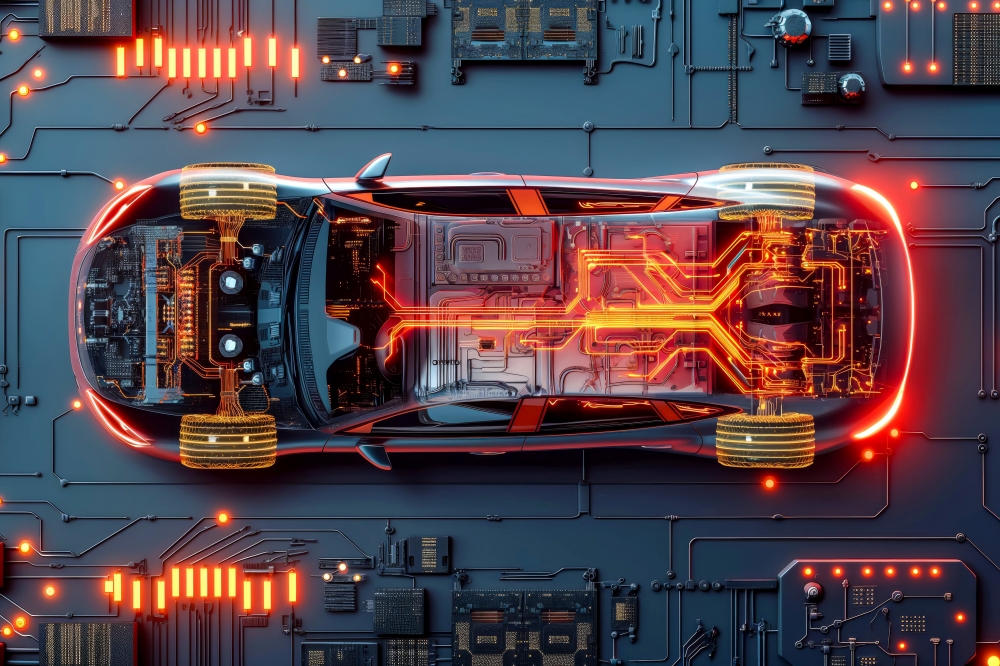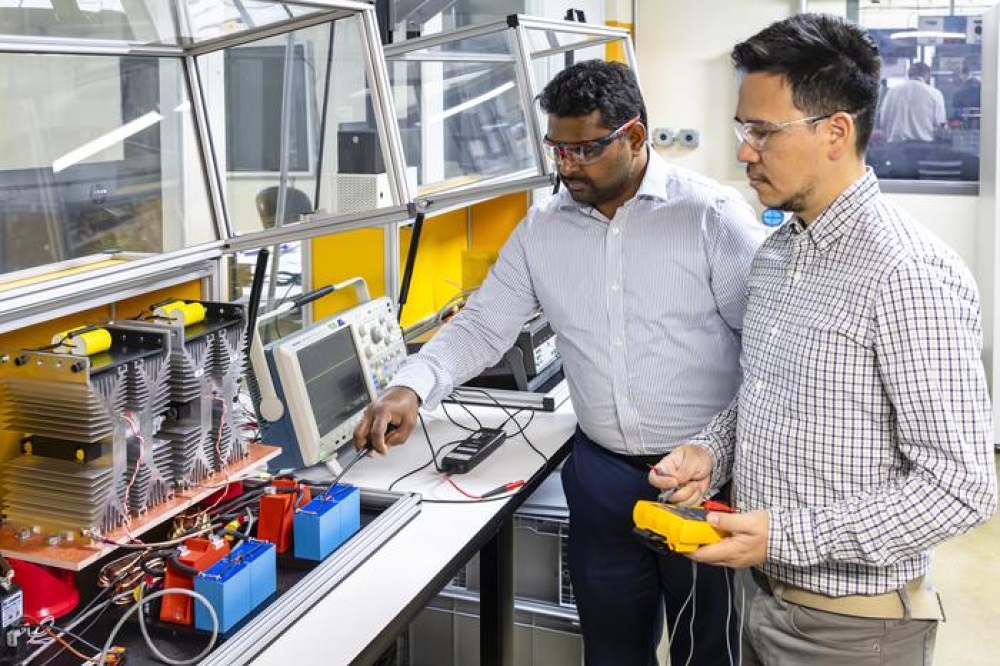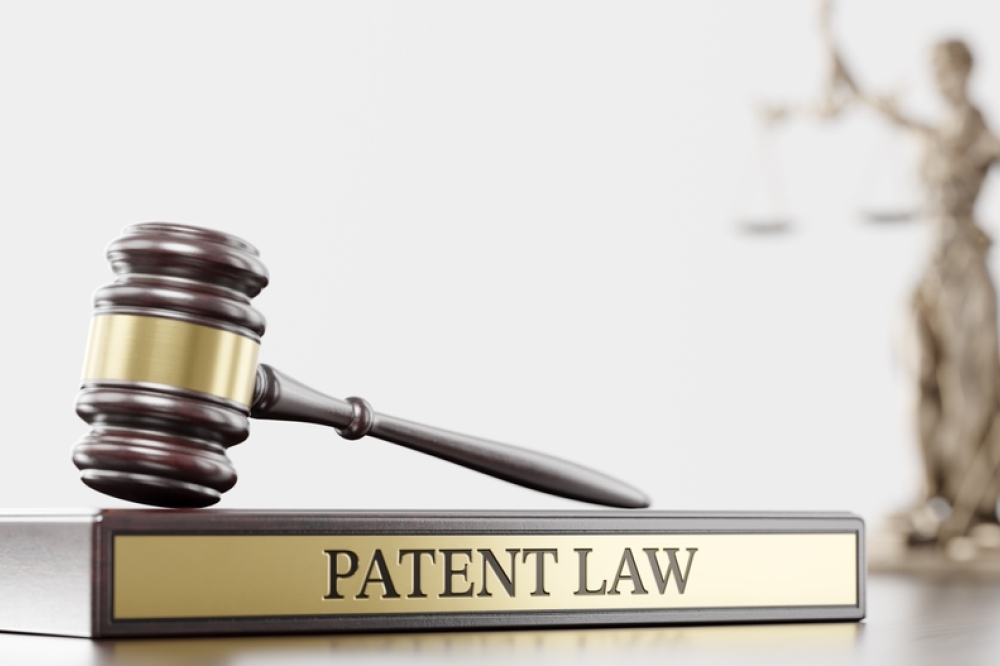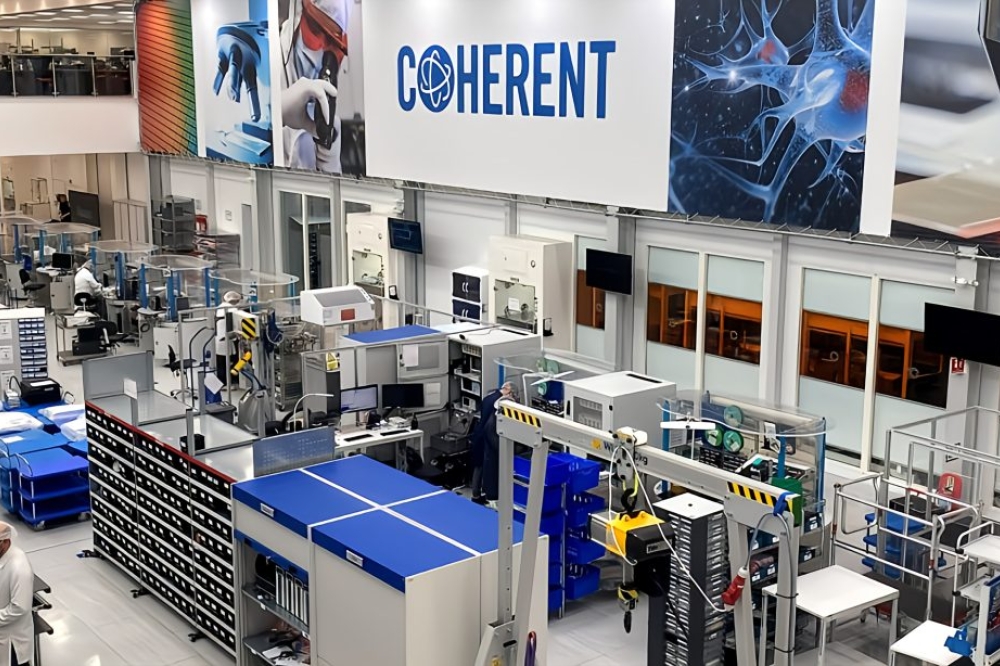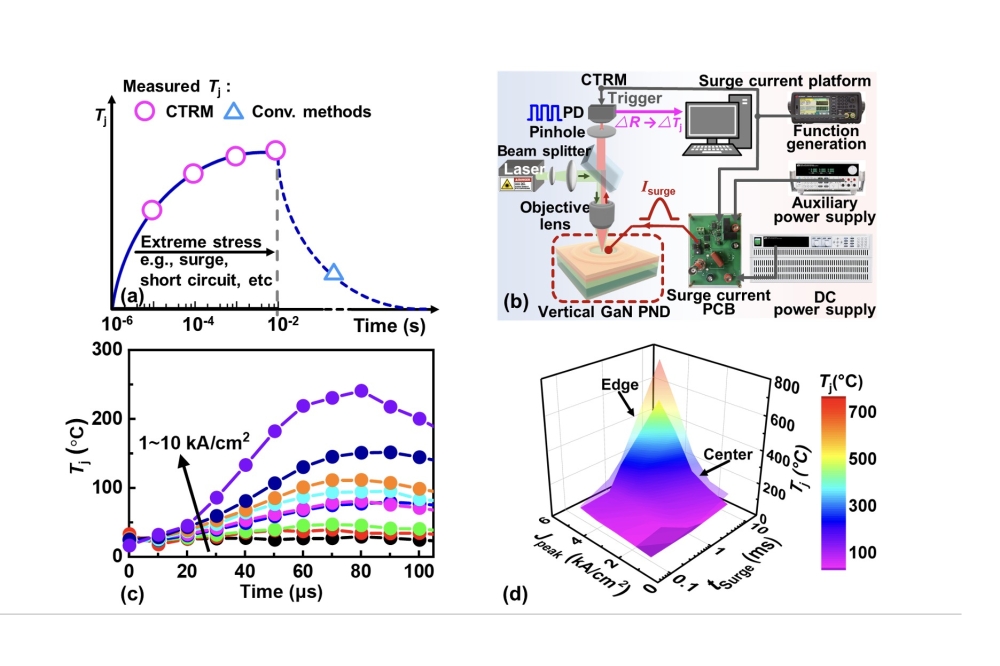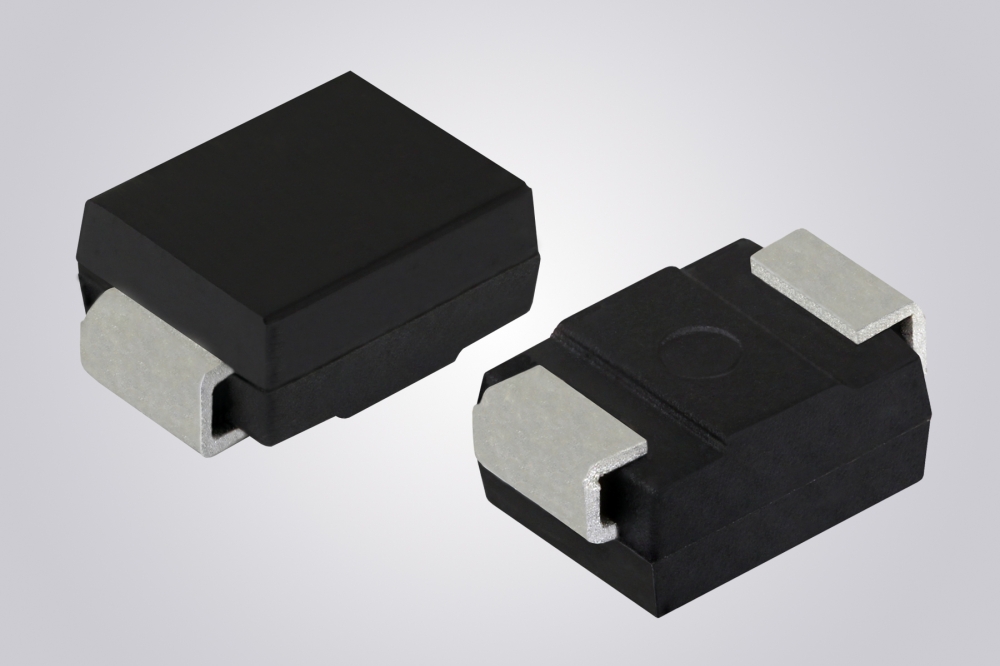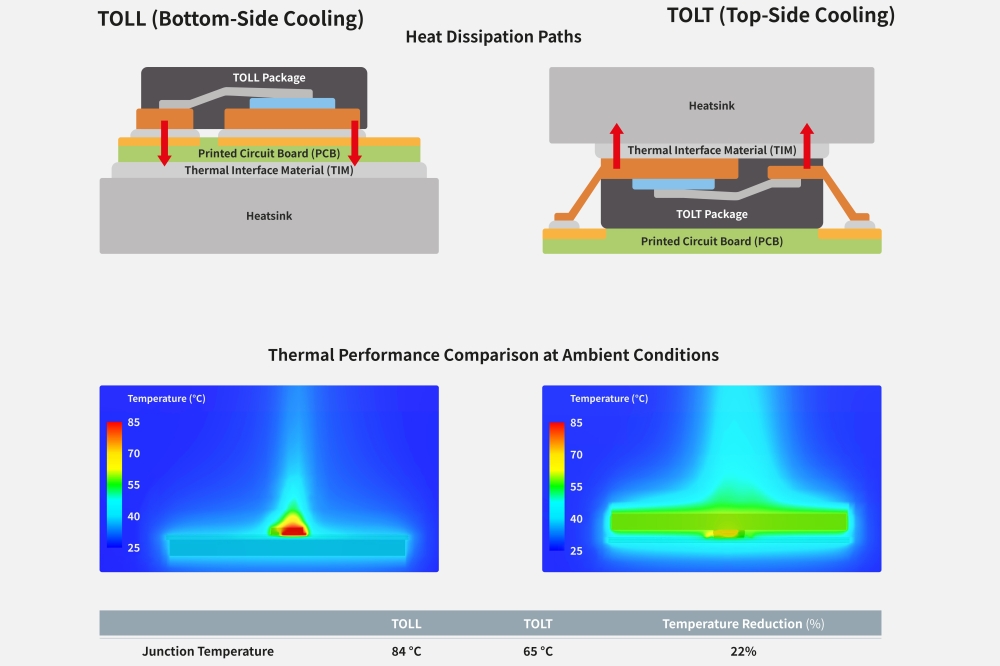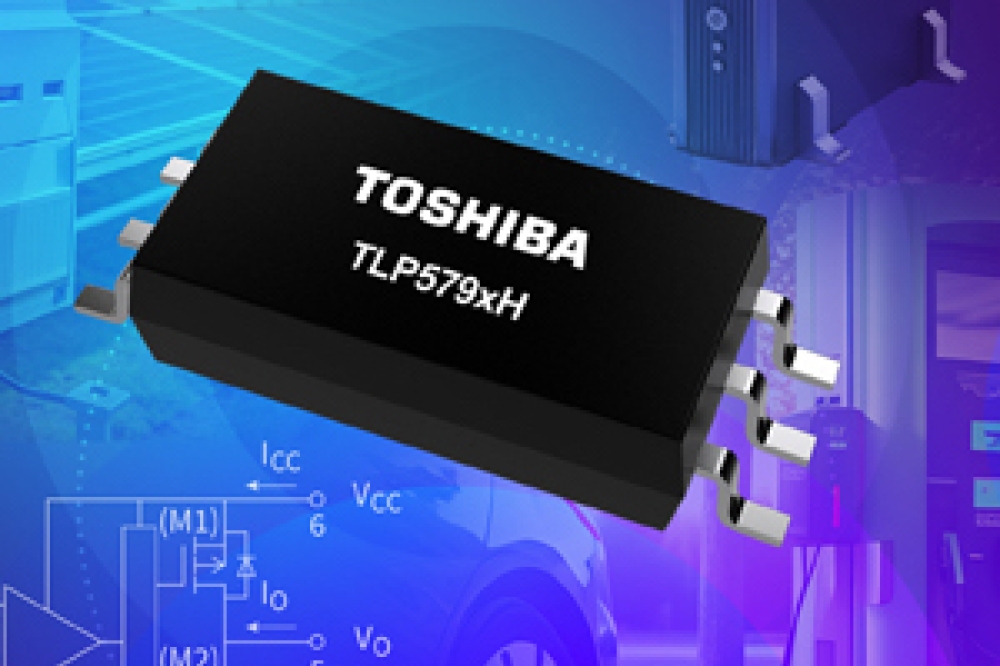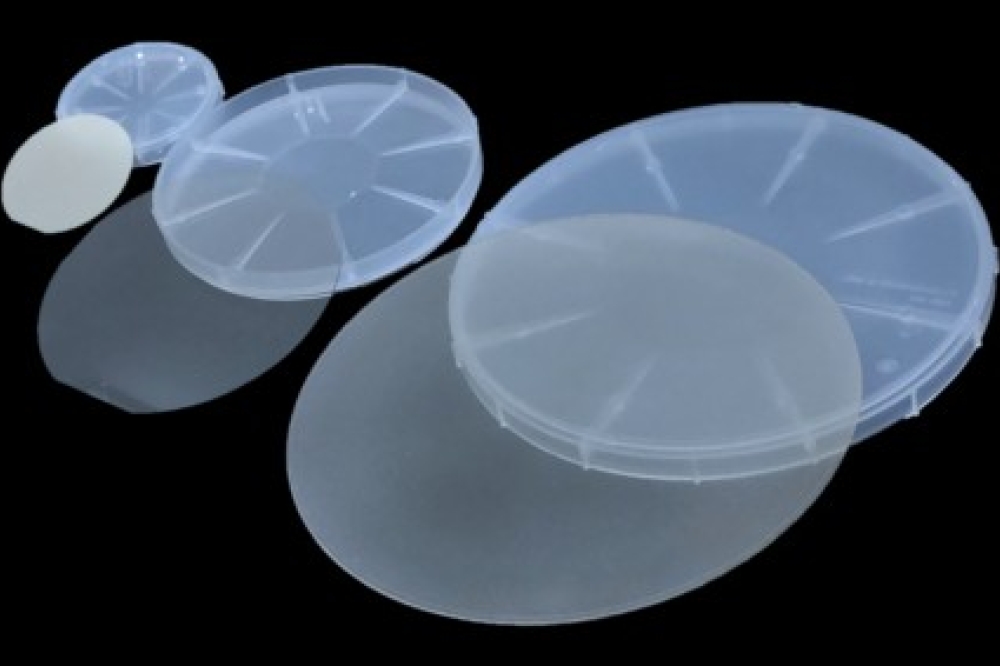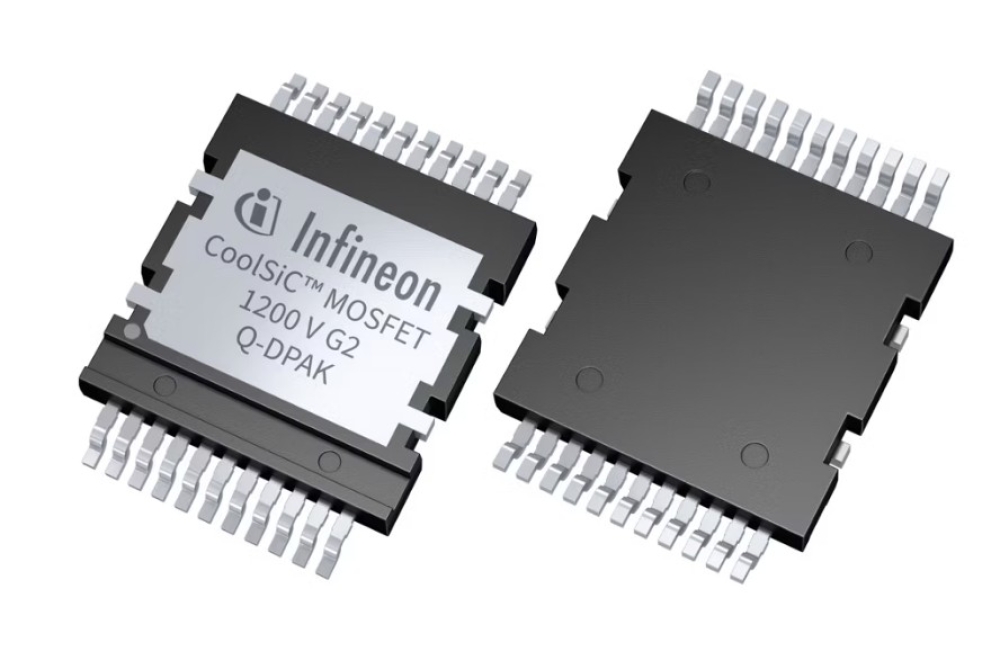Nexperia and TU Hamburg endow chair in WBG research
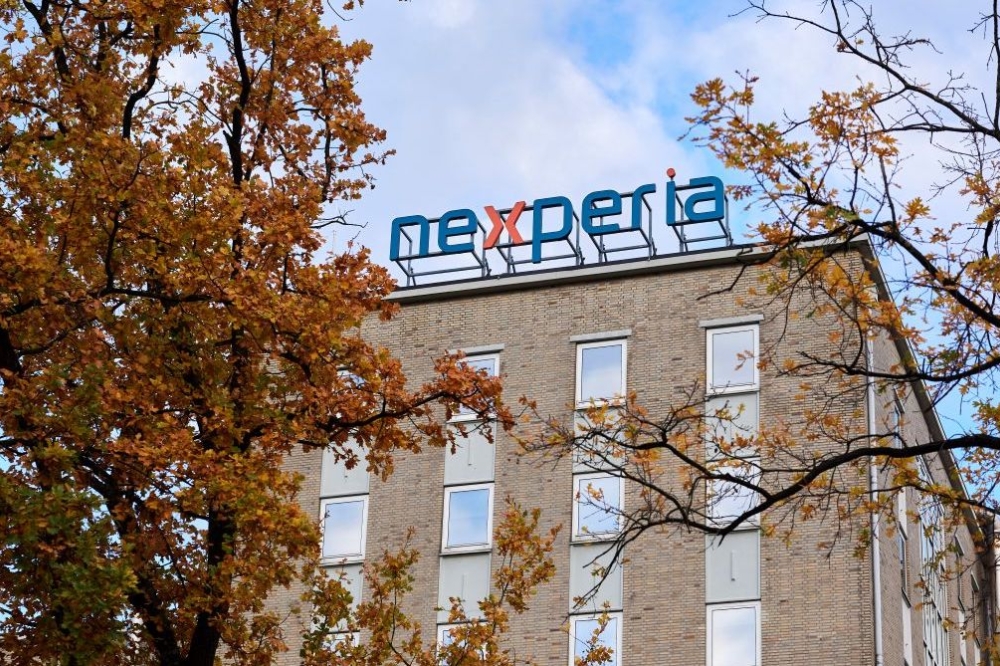
Nexperia and the Hamburg University of Technology (TU Hamburg) have launched an endowed professorship in power electronic devices with a focus on wide bandgap semiconductors including SiC, GaN and AlScN.
The position, held by Holger Kapels, will drive research into next-generation semiconductor components and train engineers at TU Hamburg’s School of Electrical Engineering, Computer Science and Mathematics. As part of this initiative, Kapels will also lead the newly founded Institute for Power Electronic Devices.
In his inaugural lecture, 'Innovative Power Semiconductor Devices as a Key Technology for an Electrified Future' Kapels outlined how compound semiconductors based on SiC and GaN are enabling transformative improvements in energy efficiency – particularly in electric vehicles, industrial systems, and data centres.
The new institute will focus on aspects such as new device architectures, including vertical GaN structures, and machine-learning-based fault prediction systems. Additional research priorities include modeling the reliability and ruggedness of power devices under extreme operating conditions.
Opening remarks at the event were delivered by TU Hamburg president Andreas Timm-Giel. Representing the Hamburg Senate, state secretary for science Eva Gümbel emphasised the broader impact of the new chair: “This endowed professorship addresses one of the most important enabling technologies of our time. Power electronics are vital to sustainable energy supply and industrial innovation. With Prof. Kapels, TU Hamburg gains a leading researcher who will shape both science and education in this strategic field.”
Ansgar Thorns, VP R&D at Nexperia Germany, highlighted the professorship’s significance for the company and the broader innovation ecosystem: “This professorship is an investment in future technologies, in local talent, and in Hamburg as a center for semiconductor excellence. Fostering innovation and developing the next generation of engineers go hand in hand – and both are critical to strengthening our deep-tech ecosystem.”
Nexperia has a manufacturing legacy in Hamburg that dates back over a century to the founding of the Valvo radio tube factory in 1924 – a pioneering site in German electronics history. Today, Nexperia’s Hamburg facility produces approximately 25 percent of the world’s small-signal diodes and transistors. Since 2017, the site has expanded from 950 to around 1,600 employees and undergone significant technological modernisation, including a strategic expansion into power semiconductors.
“This is Nexperia’s first endowed professorship and a milestone for our engagement with research and education,” Thorns added. “We’re proud to partner with TU Hamburg – a strong academic institution – to shape the future of energy-efficient semiconductor technologies in Germany and beyond.”


